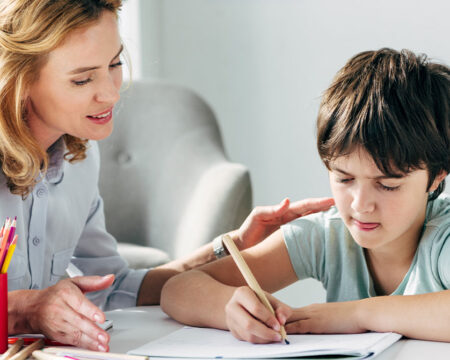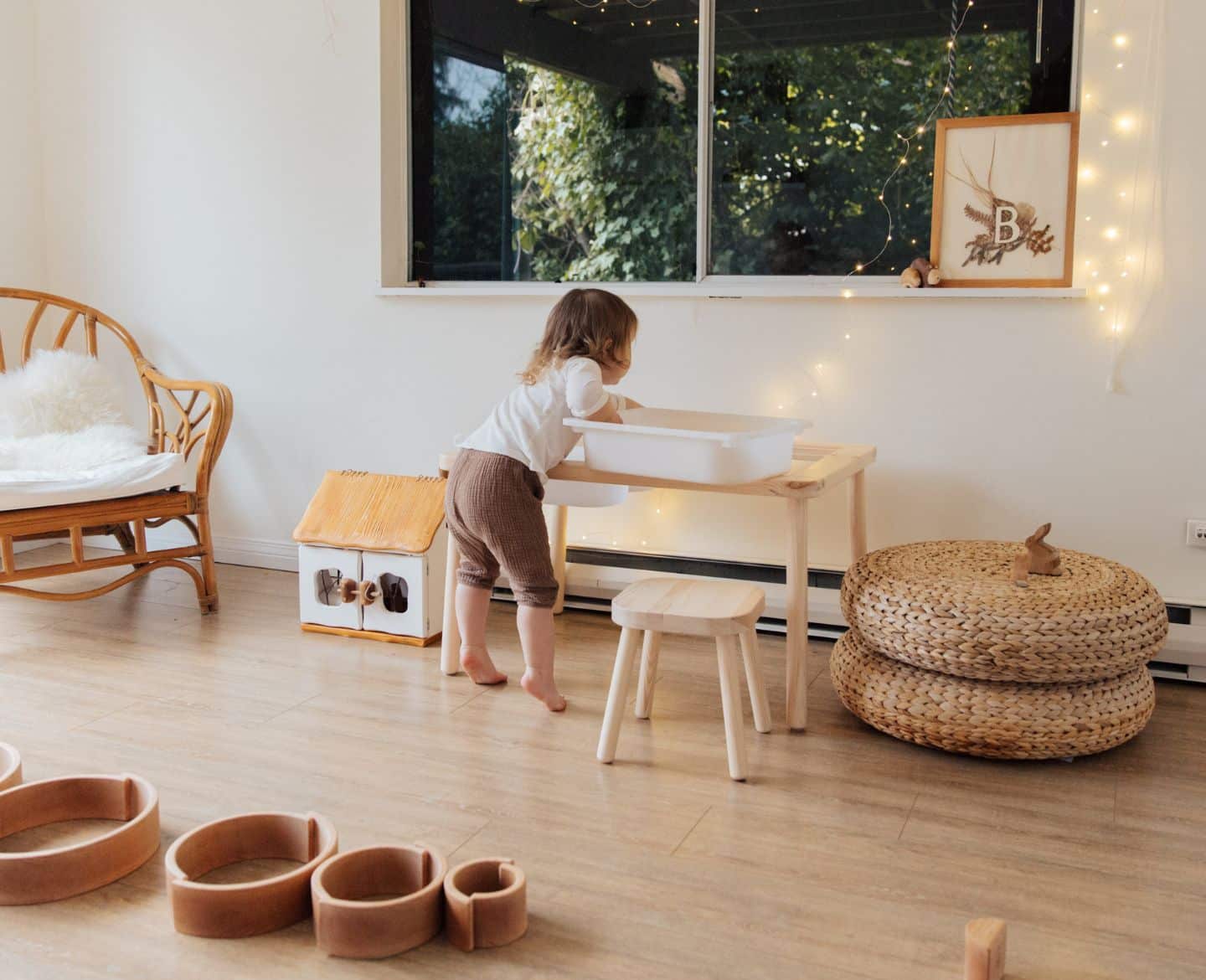5 phrases to help young kids understand the protests for racial justice
I'm a Black mom in the Twin Cities. Here's how I'm talking to my kids about the protests.

On Monday, May 25th—my last day of maternity leave after giving birth to my second daughter—yet another Black man, George Floyd, lost his life at the hands of police officers in Minnesota, where I live. In the wake of his death, protesters took to the streets to demand accountability and charges against the officers involved. What started as peaceful protests morphed into the destruction of property, not only in the Twin Cities but across the US.
I’ve spent the last week cycling through various emotions, from anger to fear to helplessness. My anxiety levels have spiked through the roof, as I worry not only about my husband’s safety but my own as well. I’ve watched my community demand justice for George Floyd and also come together to support those who have been impacted by the uprisings happening throughout the area.
My husband and I have been very intentional in teaching our daughter about Blackness since she was born, using tools like the books we buy her and the toys she plays with. Her favorite books are about Maya Angelou and Rosa Parks, and we’ve used them to initiate discussions about racism and inequality.
But at this moment, with protests happening all around her, I have an opportunity to share with her what’s happening in a way that she can understand. And I’m not alone. In my community of Black moms, virtually all of us are engaging our young children in conversations covering everything from racism and prejudice to protests and uprisings.
Here are some of the phrases I’m using to talk to the young kids in my life about current events.
“Sometimes unfair things happen, and we don’t like it.”
On some level, every child understands the concept of unfairness. They also know how it feels when something is unfair, and that they don’t like it. Using this phrase helps them begin to relate to the unfairness that the protesters are calling out.
“Lots of unfair and wrong things have happened to Black people for a long time.”
It may feel like this came out of nowhere, but there’s a long history of injustice against Black Americans. You can share about the Civil Rights movement and how these uprisings are a continuation of the same type of protests.
“Protests are one way to change things that are wrong.”
With this phrase, I’m emphasizing that protesters are using their voices to push to change the things that they see are wrong.
“There are other things we can do to change the wrong things.”
This is a great time to teach your child that there are many ways to push for change in their community. Organizing, education, voting, donating time and money are all ways you and your family can make a difference.
“No matter what, we’re here to listen to you and protect you.”
The greatest lesson I want to pass on to my daughter is a sense of security. I want her to know that while scary things may be happening outside, her Daddy and I will be here to protect her and make sure she’s safe.
I know this won’t be the only time I talk to my daughter about racism and inequality, nor will these be the only uprisings she’ll see. This is just one of the many conversations we’ll have in her life, as she grows up as a Black girl in America.
As you talk to your own kids about current events, I hope you keep the momentum going and make it a regular conversation in your family.


